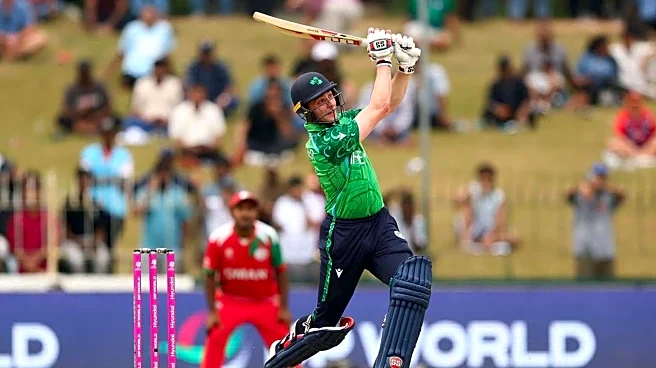What is the story about?
India’s copyright reforms may have boosted royalty payouts for songwriters and composers. However, Indian Performing Right Society (IPRS) Chairman Javed Akhtar says the battle is far from won, with nearly 95% of people in public performances still not paying it.
At the recently-concluded Soundscapes of India (SOI) Season 2 in New Delhi, Akhtar offered a blunt assessment of India’s music rights ecosystem — a landscape he has been trying to reform for over a decade. While the discovery and scaling of new talent has accelerated, with events like SOI, which, according to Akhtar, is helping little-known artists find visibility and to show their work to the world, he argued the country remains far from a fair-pay regime for songwriters and composers, adding that true fairness hinges on enforcing the law, not rewriting it.
Big labels no longer dominate the system
Akhtar pushed back against the idea that music labels still hold most of the power when it comes to artists being fairly compensated, pointing to the structural shift created by the IPRS.
“We have this organisation, IPRS, which is recognised by the government. They are controlling that,” he said, adding that labels, too, are equal stakeholders. “Music companies are very important members of IPRS and they are on the governing board in equal number as the artists. They also play an important role by taking music to the people, recording it and paying for the recording and so on. They buy music. It is not given to them on a platter. Obviously, they are important members,” added Akhtar.
According to him, the real transformation began after amendments to India’s copyright law in 2012, which were fully implemented only five years later. “Thanks to the government, and particularly to Minister Piyush Goyal, the laws made by the parliament are really implemented completely,” said Akhtar.
IPRS under Akhtar’s chairmanship
IPRS, which represents 19,000 Indian authors, composers, and music publishers, has undergone a structural reset under Javed Akhtar’s chairmanship since 2017, moving from years of disputes into a phase of steady expansion.
The society strengthened its licensing regime, formalised its re-registration, launched its 'IPRS 2.0' transparency initiative, and pushed aggressively into digital royalty growth. Collections rose from roughly ₹35-40 crore in 2017 to more than ₹300 crore by 2022, and crossed ₹700 crore in FY25, enabling a record ₹600 crore-plus distribution to authors, composers and publishers. As per the CISAC Global Collections Report 2024, IPRS was the fourth-largest rights society by revenue in the Asia-Pacific region.
Public performance remains the biggest compliance failure
While royalty payouts have increased dramatically, crossing over ₹600 crore in FY25, the compliance remains abysmal. “In public performance, perhaps only 3-5% of people are actually adhering to the law. Just 3-5%. And even on that tiny percentage, we can distribute such huge amounts in royalties to composers and writers. Now imagine if all the people who should legally pay royalties actually did — instead of 3-5%, say 75%, even 90%. You can imagine how much money we would be able to distribute to composers and writers. All they have to do is respect the law of the land,” said Akhtar.
Akhtar also looked back to highlight how much things have changed over the years. He said there has been a "world of change" today compared to what things were before 2012, with people who used to earn a few lakhs now earning a few crores, adding that the situation has changed. But we have a long way to go, he added.
He was characteristically candid when asked whether today’s royalty framework is adequate for creators in a streaming-first world. “No, not enough. It can never be enough, because there is nothing in this world that is ever enough. You always want a little more,” said Akhtar.
Also Read : As 'Delhi Crime' returns for Season 3, Rasika Dugal talks about working hours and the women she plays
Rise of independent music, technology and AI
Akhtar also celebrated the rise of independent artists who are bypassing traditional labels through YouTube, Instagram and short-video platforms.
“Thanks to technology, now, they have different sources to communicate their music. Independent music, or non-film music, is gaining more and more space and territory by the day. That’s very healthy,” said Akhtar.
When asked about AI-generated lyrics and compositions, and if AI will ever be able to write a song with human emotion, Akhtar took a pragmatic, if slightly ominous, view.
“They can’t do it today, but to say they’ll never be able to do it would not be the right assessment of technology. Yes, AI is in a cradle at the moment. It is just born. It’s a baby. And yet we already feel threatened. Think about what it will be after five or 10 years — it’s unimaginable,” said Akhtar.
Unlike many others, Akhtar didn’t completely dismiss the possibility of AI creating something that comes close to human creativity and future systems might evolve beyond the present limitations.
“At the moment, AI is totally dependent on data, and whatever it produces comes only from that data. So its possibility of originality is very limited, very limited. As far as creative work goes, AI is a great secretary, a great manager, a great mathematician. It may even be a chartered accountant. But when it comes to creativity, a lot is left to be desired. But I would not be a very sensible person if I said AI will never be able to do it. It may happen. Thankfully, it won’t happen in my lifetime,” added Akhtar.
Also Read: ‘Find me an AI that’s had a heartbreak’: Raghu Dixit on creativity, India’s changing music scene & more
At the recently-concluded Soundscapes of India (SOI) Season 2 in New Delhi, Akhtar offered a blunt assessment of India’s music rights ecosystem — a landscape he has been trying to reform for over a decade. While the discovery and scaling of new talent has accelerated, with events like SOI, which, according to Akhtar, is helping little-known artists find visibility and to show their work to the world, he argued the country remains far from a fair-pay regime for songwriters and composers, adding that true fairness hinges on enforcing the law, not rewriting it.
Big labels no longer dominate the system
Akhtar pushed back against the idea that music labels still hold most of the power when it comes to artists being fairly compensated, pointing to the structural shift created by the IPRS.
“We have this organisation, IPRS, which is recognised by the government. They are controlling that,” he said, adding that labels, too, are equal stakeholders. “Music companies are very important members of IPRS and they are on the governing board in equal number as the artists. They also play an important role by taking music to the people, recording it and paying for the recording and so on. They buy music. It is not given to them on a platter. Obviously, they are important members,” added Akhtar.
According to him, the real transformation began after amendments to India’s copyright law in 2012, which were fully implemented only five years later. “Thanks to the government, and particularly to Minister Piyush Goyal, the laws made by the parliament are really implemented completely,” said Akhtar.
IPRS under Akhtar’s chairmanship
IPRS, which represents 19,000 Indian authors, composers, and music publishers, has undergone a structural reset under Javed Akhtar’s chairmanship since 2017, moving from years of disputes into a phase of steady expansion.
The society strengthened its licensing regime, formalised its re-registration, launched its 'IPRS 2.0' transparency initiative, and pushed aggressively into digital royalty growth. Collections rose from roughly ₹35-40 crore in 2017 to more than ₹300 crore by 2022, and crossed ₹700 crore in FY25, enabling a record ₹600 crore-plus distribution to authors, composers and publishers. As per the CISAC Global Collections Report 2024, IPRS was the fourth-largest rights society by revenue in the Asia-Pacific region.
Public performance remains the biggest compliance failure
While royalty payouts have increased dramatically, crossing over ₹600 crore in FY25, the compliance remains abysmal. “In public performance, perhaps only 3-5% of people are actually adhering to the law. Just 3-5%. And even on that tiny percentage, we can distribute such huge amounts in royalties to composers and writers. Now imagine if all the people who should legally pay royalties actually did — instead of 3-5%, say 75%, even 90%. You can imagine how much money we would be able to distribute to composers and writers. All they have to do is respect the law of the land,” said Akhtar.
Akhtar also looked back to highlight how much things have changed over the years. He said there has been a "world of change" today compared to what things were before 2012, with people who used to earn a few lakhs now earning a few crores, adding that the situation has changed. But we have a long way to go, he added.
He was characteristically candid when asked whether today’s royalty framework is adequate for creators in a streaming-first world. “No, not enough. It can never be enough, because there is nothing in this world that is ever enough. You always want a little more,” said Akhtar.
Also Read : As 'Delhi Crime' returns for Season 3, Rasika Dugal talks about working hours and the women she plays
Rise of independent music, technology and AI
Akhtar also celebrated the rise of independent artists who are bypassing traditional labels through YouTube, Instagram and short-video platforms.
“Thanks to technology, now, they have different sources to communicate their music. Independent music, or non-film music, is gaining more and more space and territory by the day. That’s very healthy,” said Akhtar.
When asked about AI-generated lyrics and compositions, and if AI will ever be able to write a song with human emotion, Akhtar took a pragmatic, if slightly ominous, view.
“They can’t do it today, but to say they’ll never be able to do it would not be the right assessment of technology. Yes, AI is in a cradle at the moment. It is just born. It’s a baby. And yet we already feel threatened. Think about what it will be after five or 10 years — it’s unimaginable,” said Akhtar.
Unlike many others, Akhtar didn’t completely dismiss the possibility of AI creating something that comes close to human creativity and future systems might evolve beyond the present limitations.
“At the moment, AI is totally dependent on data, and whatever it produces comes only from that data. So its possibility of originality is very limited, very limited. As far as creative work goes, AI is a great secretary, a great manager, a great mathematician. It may even be a chartered accountant. But when it comes to creativity, a lot is left to be desired. But I would not be a very sensible person if I said AI will never be able to do it. It may happen. Thankfully, it won’t happen in my lifetime,” added Akhtar.
Also Read: ‘Find me an AI that’s had a heartbreak’: Raghu Dixit on creativity, India’s changing music scene & more
/images/ppid_59c68470-image-176347002713351711.webp)

/images/ppid_a911dc6a-image-177105612798527845.webp)
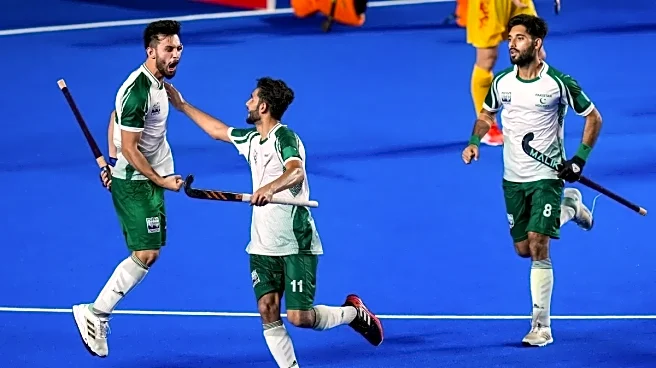
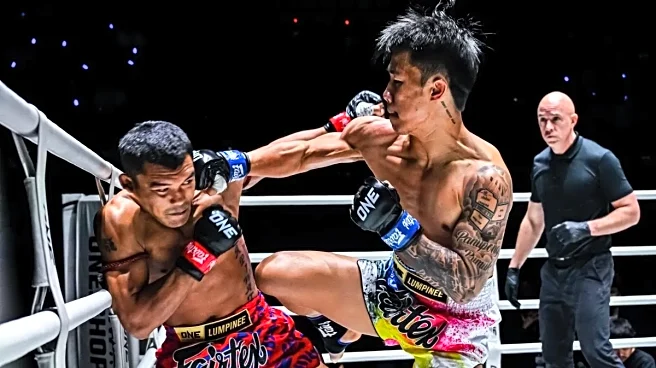
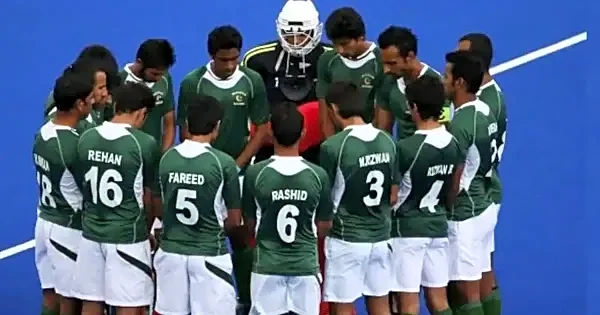

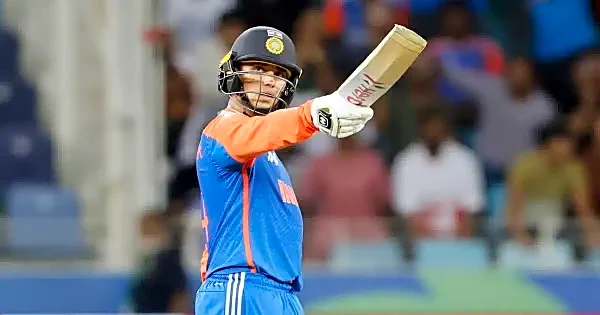
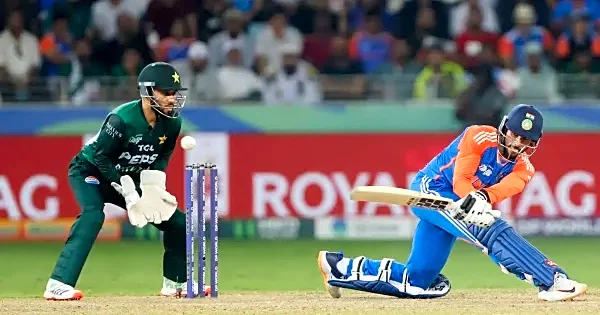
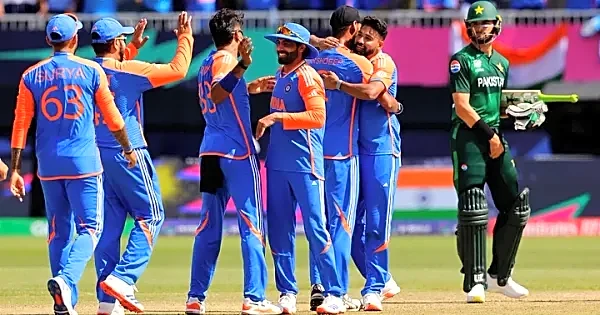



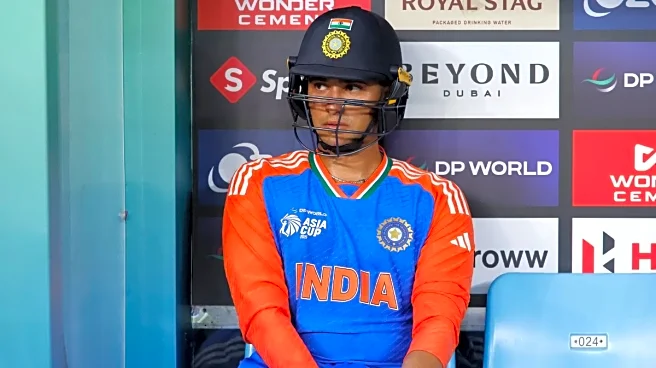
/images/ppid_59c68470-image-177105753591587522.webp)
